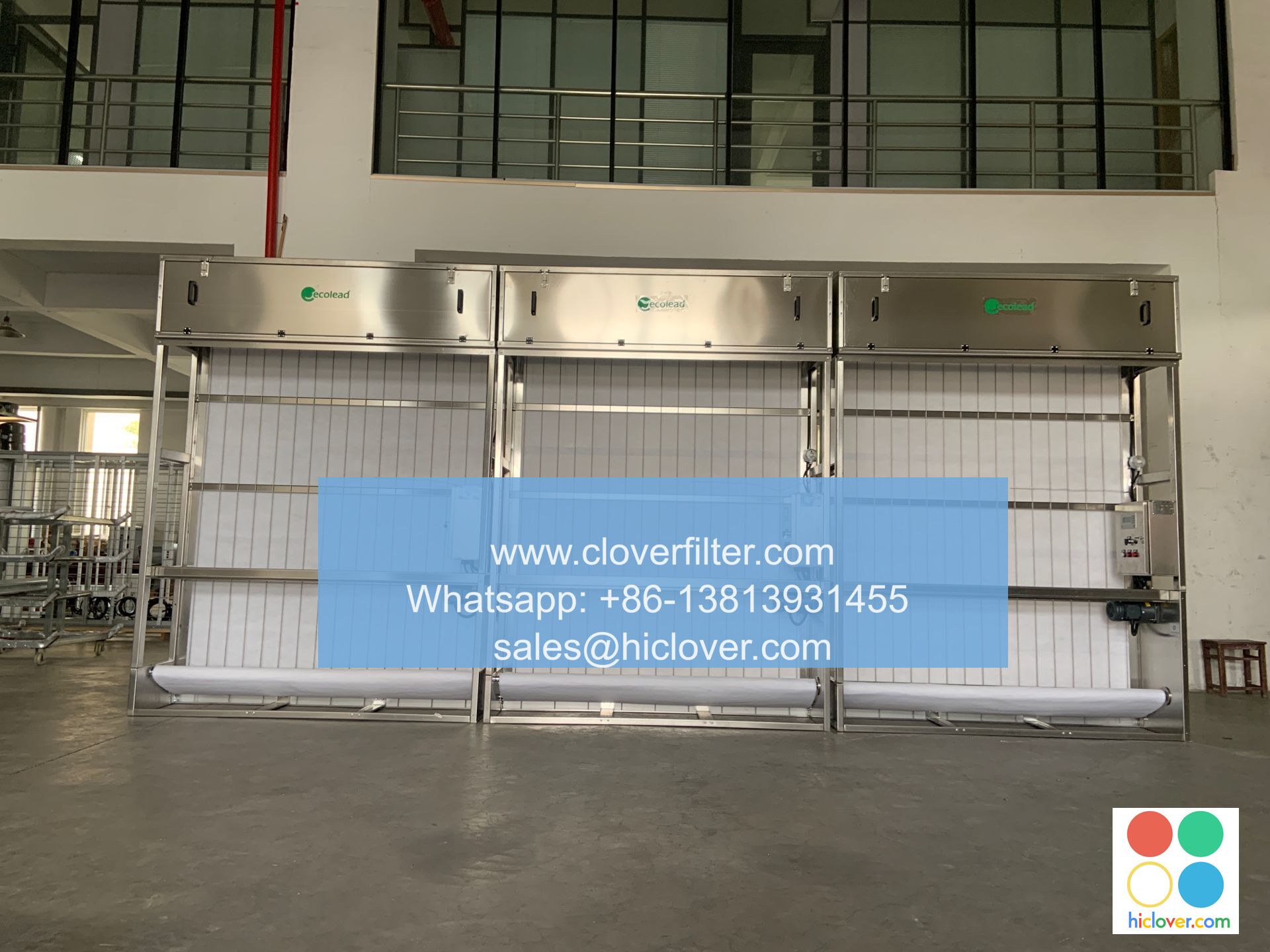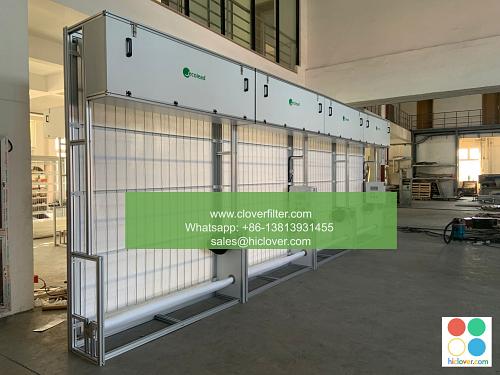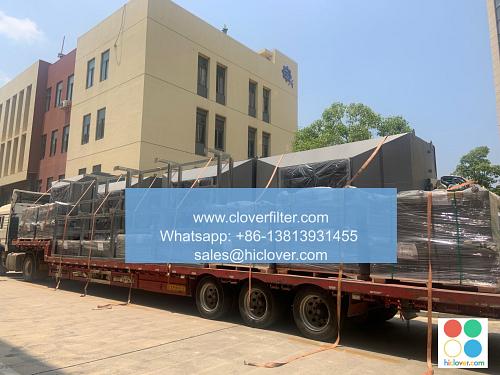The Role of Air Filtration in Maintaining a Healthy Environment at Bayer Healthcare Facilities

As a leading global healthcare company, Bayer is committed to providing a safe and healthy environment for its patients, employees, and visitors at its healthcare facilities. One critical aspect of maintaining a healthy environment is effective air filtration. In this article, we will explore the importance of air filtration in healthcare facilities, its various application areas, and how Bayer is leveraging air purification systems and indoor air quality monitoring to create a healthy and safe environment.
Importance of Air Filtration in Healthcare Facilities
Healthcare facilities are prone to airborne contaminants, such as bacteria, viruses, and fungi, which can be harmful to patients, especially those with compromised immune systems. Effective air filtration systems play a crucial role in removing these contaminants from the air, reducing the risk of hospital-acquired infections (HAIs) and creating a healthy environment for patients and staff. Moreover, clean air is essential for preventing the spread of airborne diseases, such as tuberculosis and influenza.
Application Areas of Air Filtration in Bayer Healthcare Facilities
Air filtration is a critical component of various areas within Bayer healthcare facilities, including:
- Operating rooms: HEPA filters and ultra-low particulate air (ULPA) filters are used to remove airborne particles and microorganisms, ensuring a sterile environment for surgical procedures.
- Patient rooms: Air purification systems are used to remove allergens, bacteria, and viruses from the air, creating a comfortable and healthy environment for patients.
- Laboratories: Fume hoods and air filtration systems are used to remove chemical fumes and biological agents, ensuring a safe working environment for laboratory staff.
- Pharmaceutical manufacturing: Cleanroom air filtration systems are used to maintain strict air quality standards, preventing contamination and ensuring the quality of pharmaceutical products.
- HEPA filters: High-efficiency particulate air filters that capture 99.97% of particles as small as 0.3 microns.
- ULPA filters: Ultra-low particulate air filters that capture 99.99% of particles as small as 0.1 microns.
- Activated carbon filters: Air purification systems that remove gases and odors from the air.
- UV air purifiers: Ultraviolet light-based systems that kill bacteria and viruses.
- Improved indoor air quality: Reduced airborne contaminants and allergens create a healthy environment for patients and staff.
- Reduced risk of hospital-acquired infections: Effective air filtration reduces the spread of airborne diseases.
- Increased patient comfort: Clean air and reduced odors improve patient satisfaction and comfort.
- Enhanced staff productivity: A healthy environment improves staff well-being and productivity.
Technologies Used in Air Filtration at Bayer Healthcare Facilities
Bayer healthcare facilities employ various air filtration technologies, including:
Benefits of Effective Air Filtration in Bayer Healthcare Facilities
The effective use of air filtration systems in Bayer healthcare facilities has numerous benefits, including:
Conclusion
In conclusion, air filtration plays a vital role in maintaining a healthy environment at Bayer healthcare facilities. By leveraging air purification systems, indoor air quality monitoring, and various air filtration technologies, Bayer is committed to providing a safe and healthy environment for its patients, employees, and visitors. The effective use of air filtration systems has numerous benefits, including improved indoor air quality, reduced risk of hospital-acquired infections, and increased patient comfort. As a leader in the healthcare industry, Bayer continues to prioritize the importance of air filtration in creating a healthy and safe environment for all.


